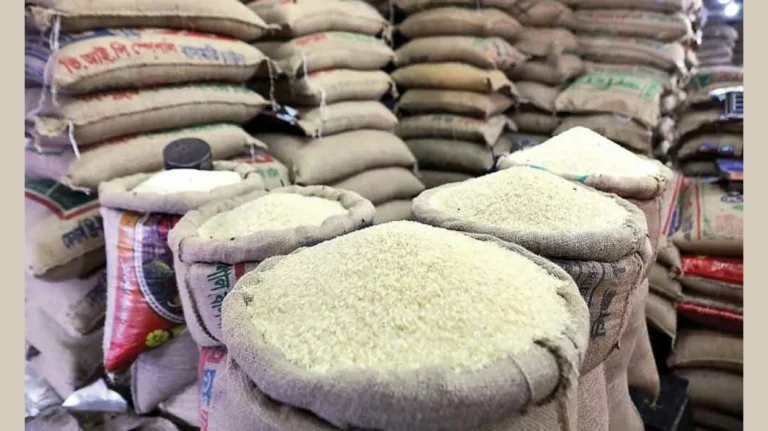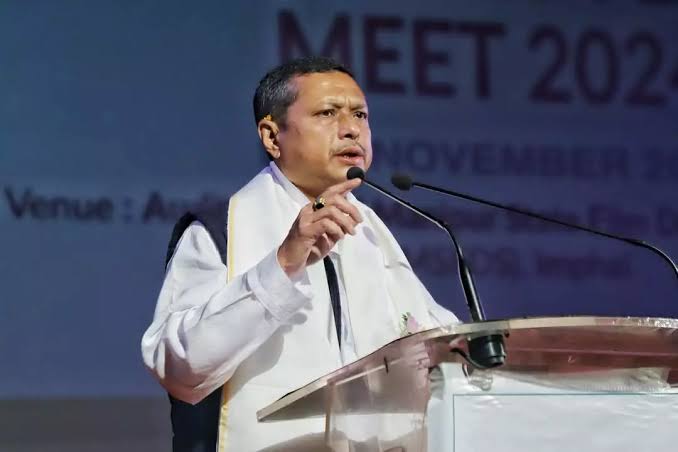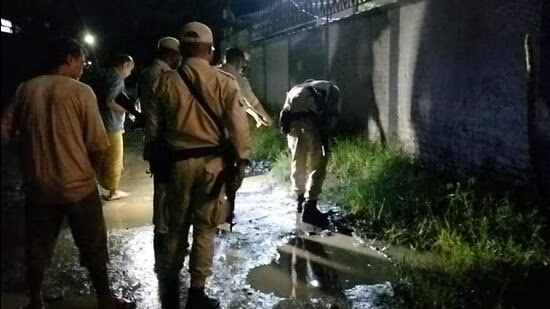Manipur’s Initiative to Verify Kuki Refugees for Repatriation
Summary
The Manipur government has embarked on an initiative to verify Kuki refugees currently residing in Assam, aiming to facilitate their safe repatriation. This measure comes in light of ongoing ethnic tensions in Manipur, which have forced many Kukis to seek refuge in neighboring states. The verification process underscores the state’s commitment to addressing internal displacement and restoring normalcy for affected communities.
Comprehensive Article
Understanding the Context: Ethnic Clashes and Displacement
Manipur has been grappling with ethnic clashes, particularly between the Kuki and Meitei communities, for several months. These conflicts have not only disrupted local life but have also led to widespread displacement. Among those affected are members of the Kuki-Zo community who fled to Assam in search of safety.
The displaced Kukis primarily include families who lost their homes and livelihoods due to the ongoing unrest. The state government’s initiative to verify and eventually repatriate these individuals reflects a step toward conflict resolution and rehabilitation.
What Does Verification Involve?
Verification is a multi-faceted process designed to identify genuine refugees and ensure their safety during repatriation. It involves:
- Document Authentication: Ensuring displaced individuals possess valid identification proving their origin.
- Safety Assessments: Evaluating conditions in the individuals’ home areas to confirm if they are fit for return.
- Coordination with Assam Authorities: Collaborating with Assam’s administration to gather accurate data on the refugees.
The process is delicate and necessitates transparency to rebuild trust among the affected communities.
Challenges in the Repatriation Effort
Several challenges complicate this effort:
- Ethnic Divides: Deep-seated mistrust between the Kuki and Meitei communities may hinder reintegration.
- Legal Complexities: Determining rightful land ownership and addressing disputes over property damaged or occupied during the conflict.
- Political Tensions: The issue of repatriation often intersects with broader debates on ethnic representation and governance in Manipur.
Reactions from the Communities
The initiative has garnered mixed reactions. While some Kuki leaders see it as a positive step toward reconciliation, others are skeptical of the state government’s intentions, citing previous grievances and perceived biases in policy implementation. On the other hand, Meitei organizations advocate for a balanced approach to ensure no community feels sidelined.
Efforts to Foster Reconciliation
Repatriation is just one piece of the larger puzzle. For lasting peace, Manipur must focus on:
- Dialogue: Establishing communication channels between conflicting communities.
- Economic Support: Providing financial aid to rebuild homes and businesses.
- Security Measures: Ensuring law enforcement agencies protect returning refugees from potential violence.
The central government’s role in facilitating these efforts cannot be understated, as national policies can offer a broader framework for resolution.
FAQs
- Why is verification important for Kuki refugees?
Verification ensures that the rightful individuals are identified for repatriation, minimizing fraud and ensuring proper rehabilitation. - What measures are being taken to ensure safety during repatriation?
The government plans to assess security conditions in the refugees’ home areas before facilitating their return. - How has the Assam government responded to this initiative?
Assam authorities are cooperating with Manipur by providing data on displaced individuals currently residing in their state. - What role does the central government play in this process?
The central government acts as a mediator and policy enforcer, supporting both states in managing repatriation and reconciliation. - Can this initiative resolve ethnic tensions in Manipur?
While repatriation is a step in the right direction, comprehensive efforts, including dialogue and economic rehabilitation, are crucial for lasting peace.


